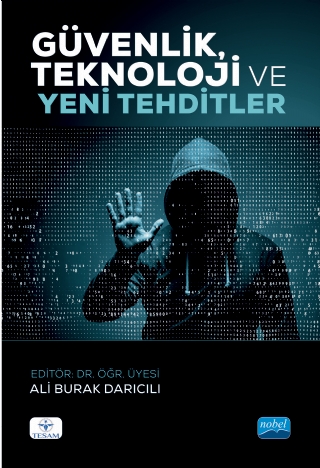International Security \ 1-1

According to the research; Today, approximately 4.5 billion people use the internet, 5.2 billion people use mobile phones and an average of 6 hours and 43 minutes a day users spend time on the Internet. This shows that technology has permeated every aspect of life.
As a result of the rapid increase in the use of technology, individuals, business world and government institutions store or transfer their critical intelligence, economic and personal information through these technology tools. It is becoming more and more impossible for people to participate or contribute to business life without smartphone technologies. Social media applications have now become a very important information strategy product within the scope of cheap, flexible, effortless and crypto features. However, with the development of technology, security concerns have emerged in information systems depending on globalization. From the theft of personal data to the use of the Internet and social media as a propaganda tool by terrorist organizations, negative aspects that affect individuals and states have emerged.
In this book, different topics such as cyber security, social media, nuclear and military technology, terrorism and technology relationship, artificial intelligence technologies, urban security and technology, unmanned aerial vehicles (UAV) technologies, border security and technology are discussed and basically the relationship between technology and security. In this context, how technological progress will change security paradigms in the future and how it will affect individuals and states has been revealed.
As a result of the rapid increase in the use of technology, individuals, business world and government institutions store or transfer their critical intelligence, economic and personal information through these technology tools. It is becoming more and more impossible for people to participate or contribute to business life without smartphone technologies. Social media applications have now become a very important information strategy product within the scope of cheap, flexible, effortless and crypto features. However, with the development of technology, security concerns have emerged in information systems depending on globalization. From the theft of personal data to the use of the Internet and social media as a propaganda tool by terrorist organizations, negative aspects that affect individuals and states have emerged.
In this book, different topics such as cyber security, social media, nuclear and military technology, terrorism and technology relationship, artificial intelligence technologies, urban security and technology, unmanned aerial vehicles (UAV) technologies, border security and technology are discussed and basically the relationship between technology and security. In this context, how technological progress will change security paradigms in the future and how it will affect individuals and states has been revealed.